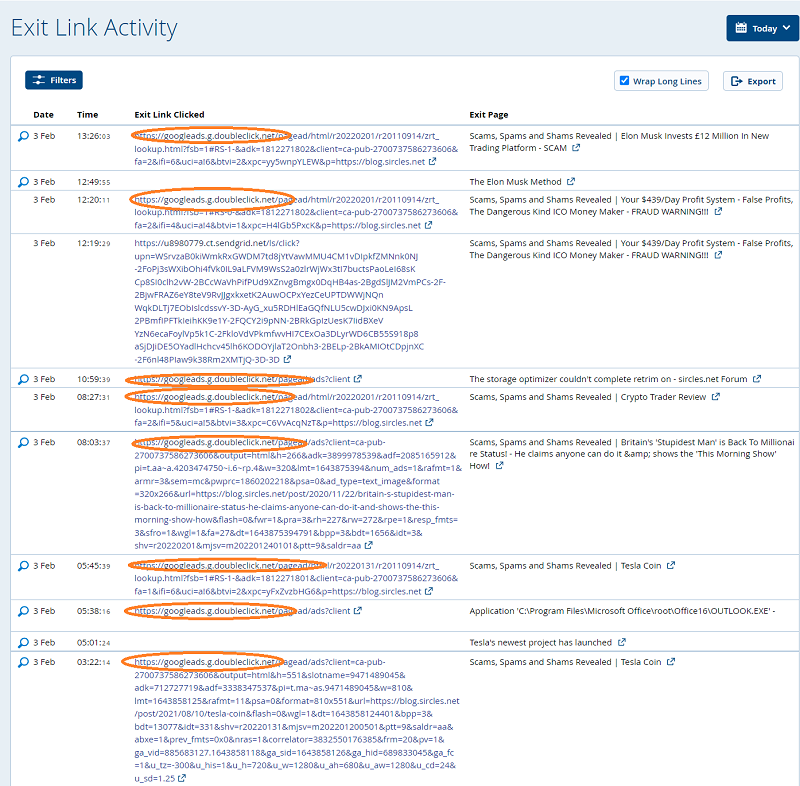The foreign exchange market, often referred to as Forex or FX, is a global decentralized marketplace for the trading of national currencies. Participants in this market range from large financial institutions, central banks, corporations, to individual traders. The primary function of Forex is to facilitate international trade and investment by allowing businesses to convert one currency into another.
Forex operates 24 hours a day, five days a week, leveraging a vast international network of banks, brokers, and financial institutions. This continuous operation is due to the global nature of the market and the varying time zones across major financial centers such as London, New York, Tokyo, and Sydney.
Currencies in the Forex market are traded in pairs, for instance, EUR/USD (Euro/US Dollar), which demonstrates the relative value between the two currencies. The exchange rate fluctuates based on various factors, including economic indicators, geopolitical stability, monetary policy, and market sentiment.
Forex trading involves the buying of one currency and simultaneously selling another, seeking to profit from changes in the exchange rate between them. The Forex market is the largest financial market in the world, with a daily trading volume surpassing $6 trillion, making it highly liquid compared to other markets.
Given its size, liquidity, and 24-hour operation, Forex provides intricate opportunities for currency speculation and hedging, but it also embodies significant risk, requiring traders to have a deep understanding of market dynamics and sound risk management practices.

No responses yet